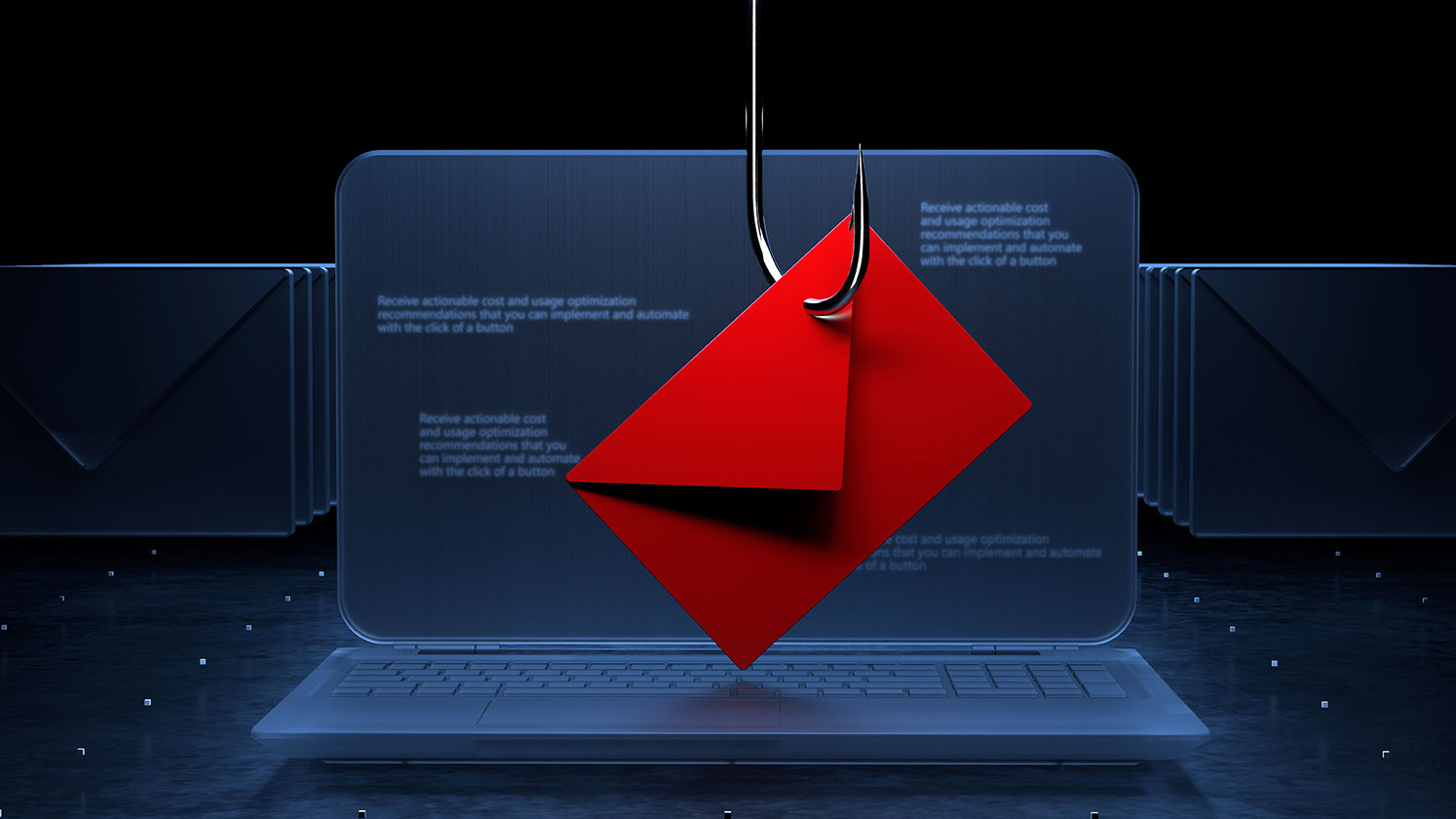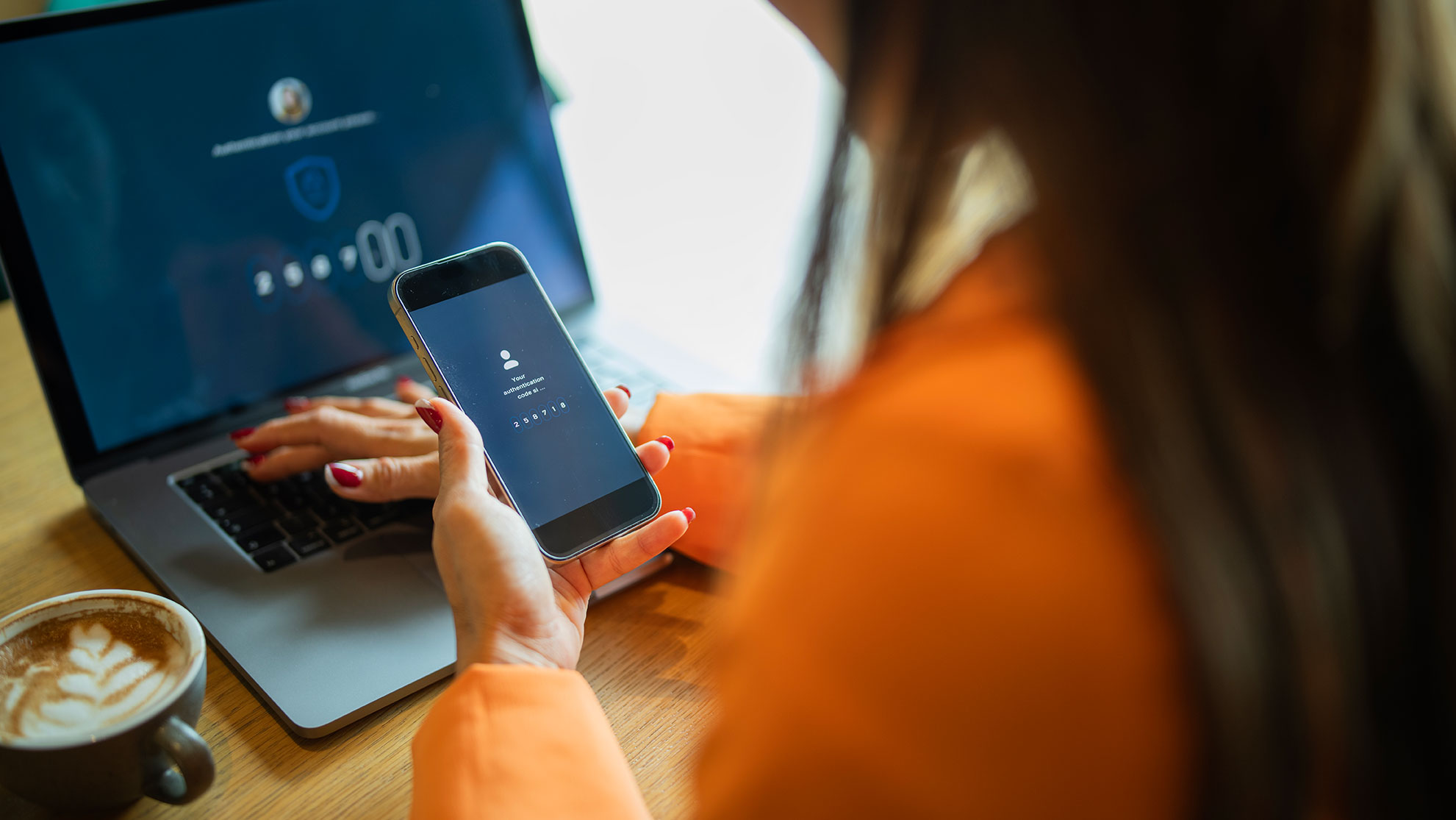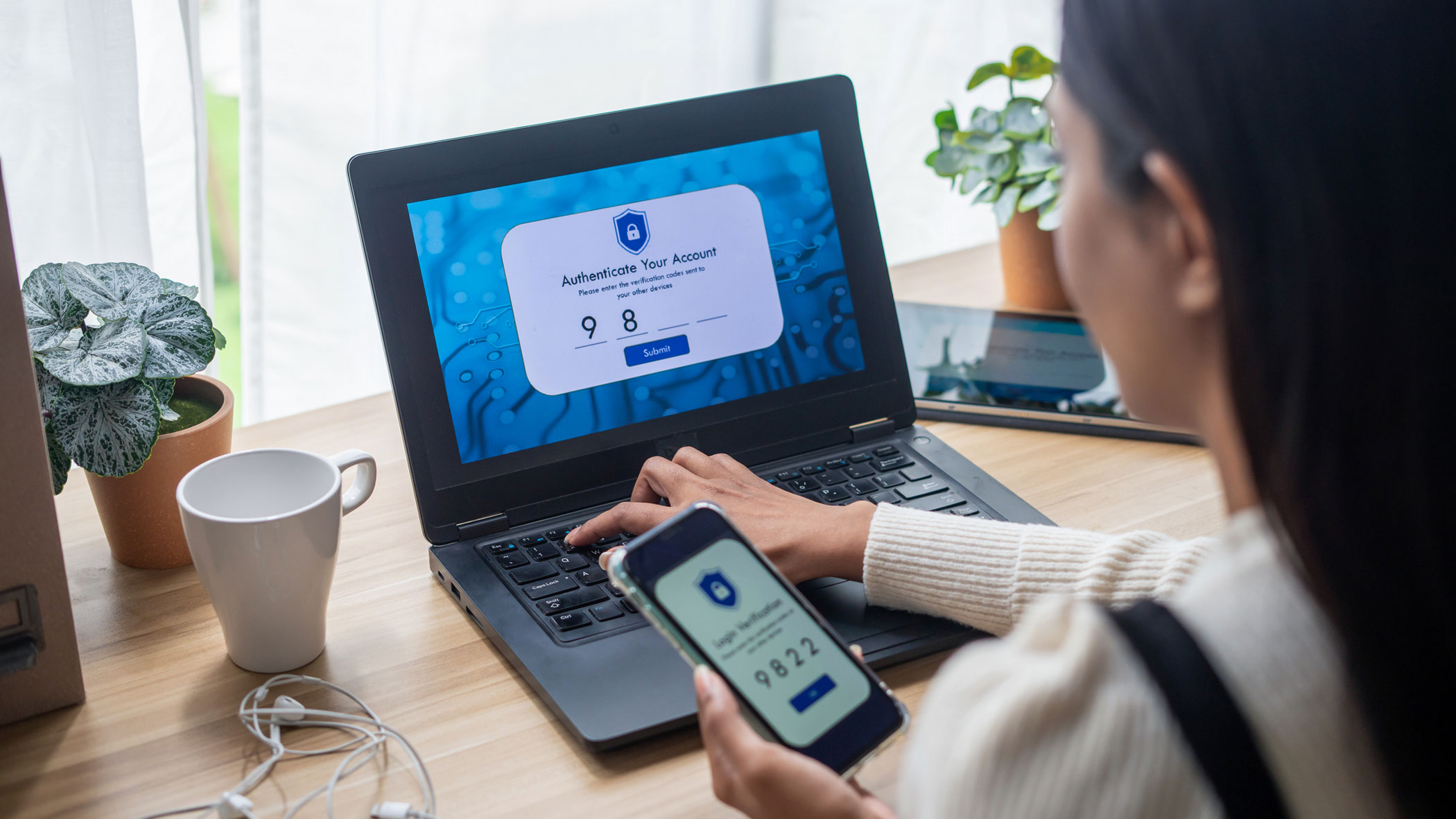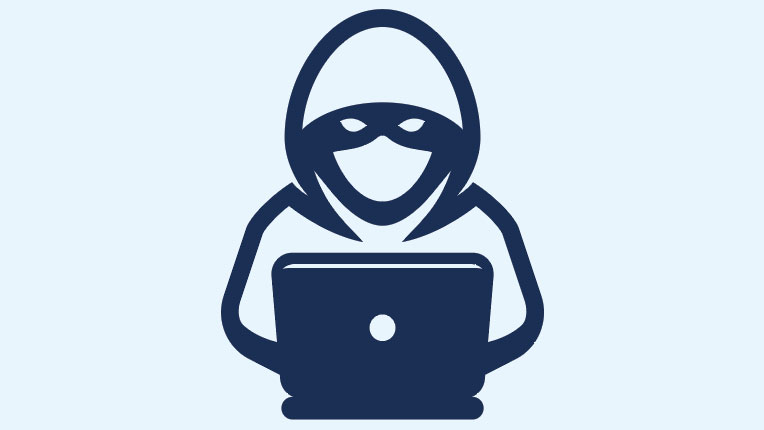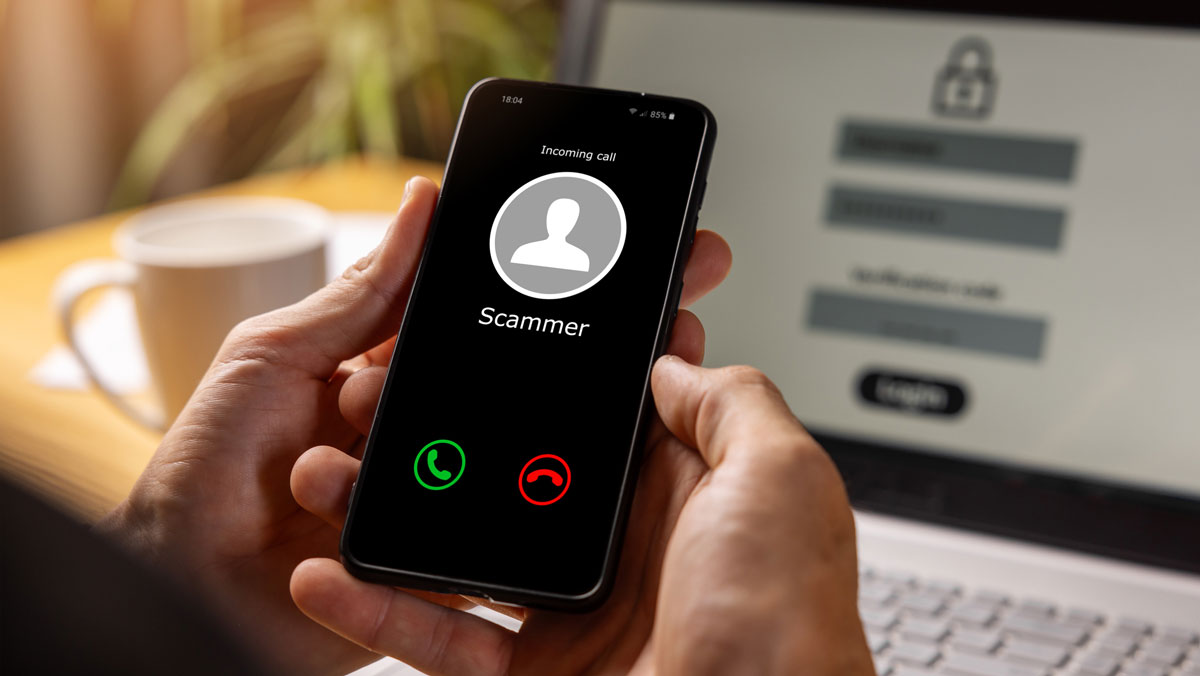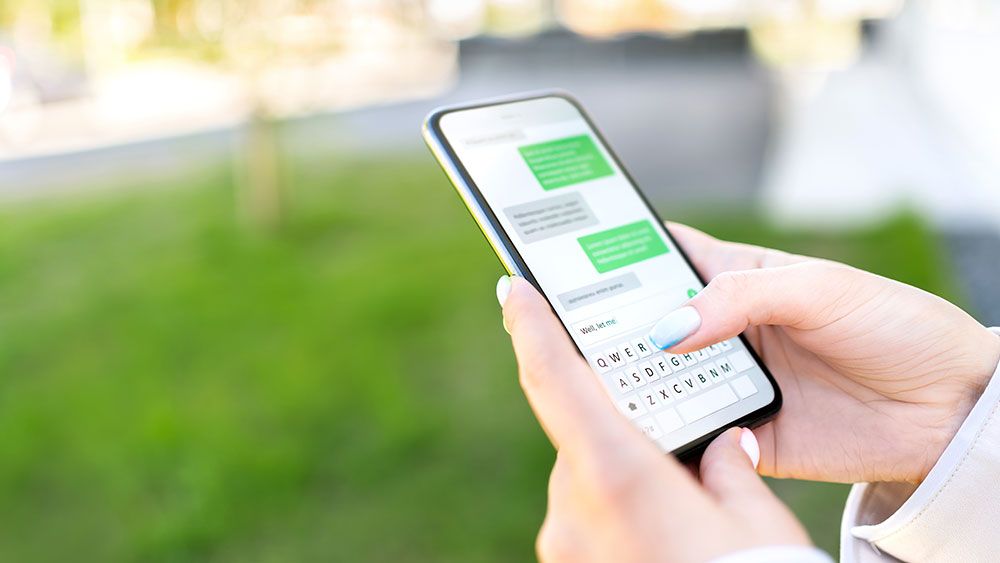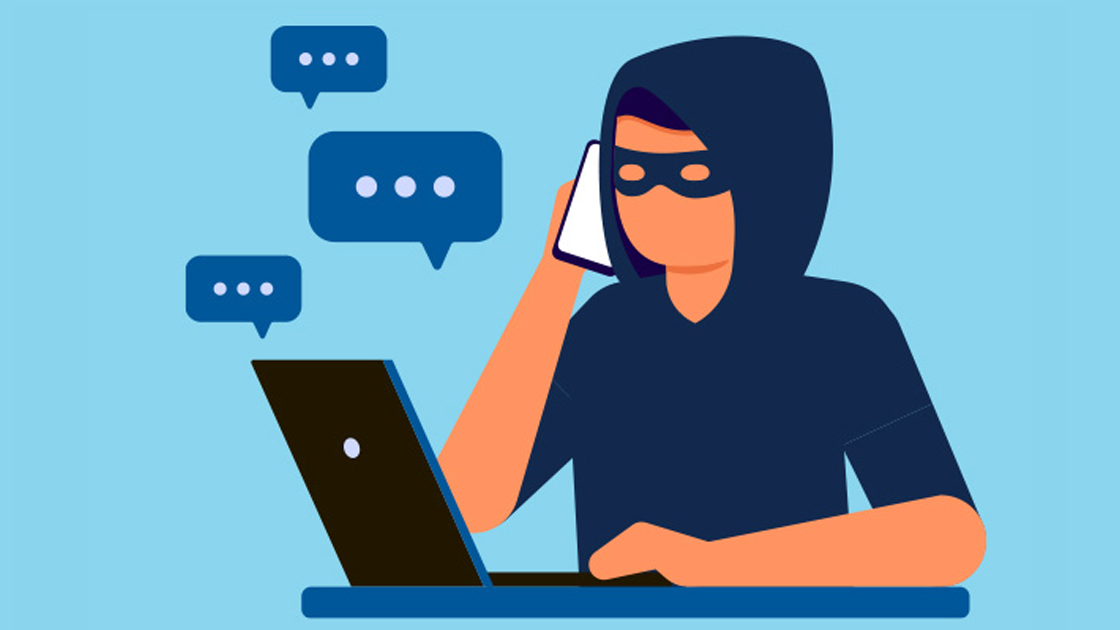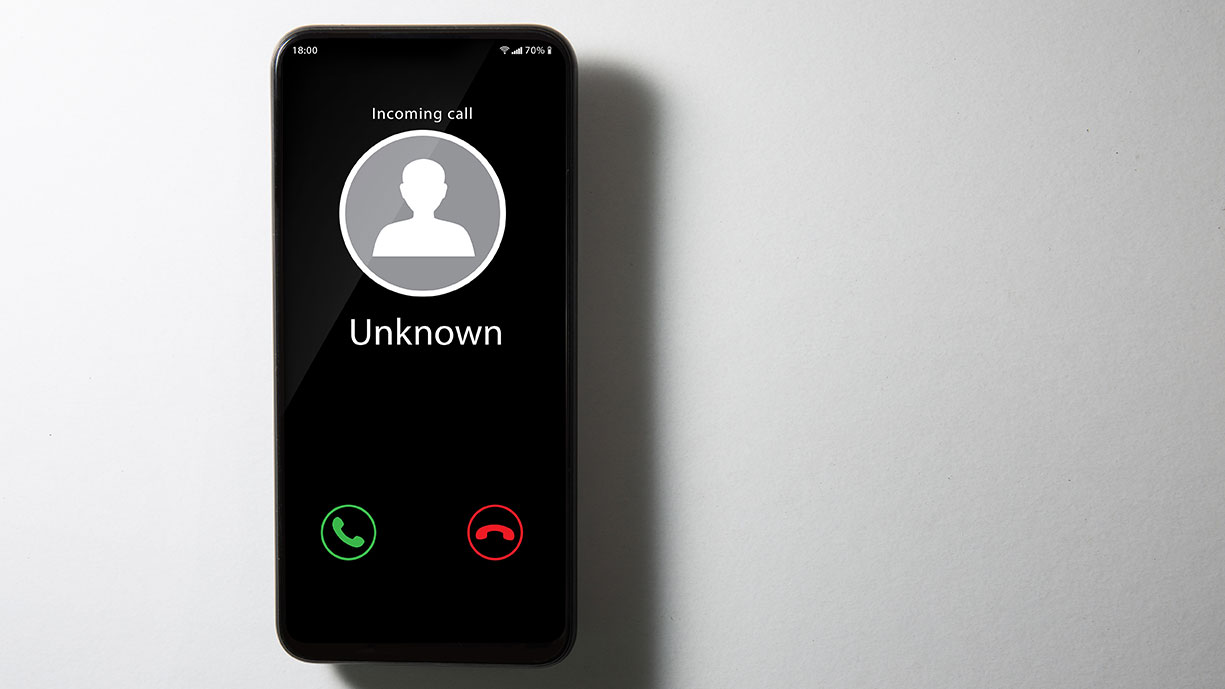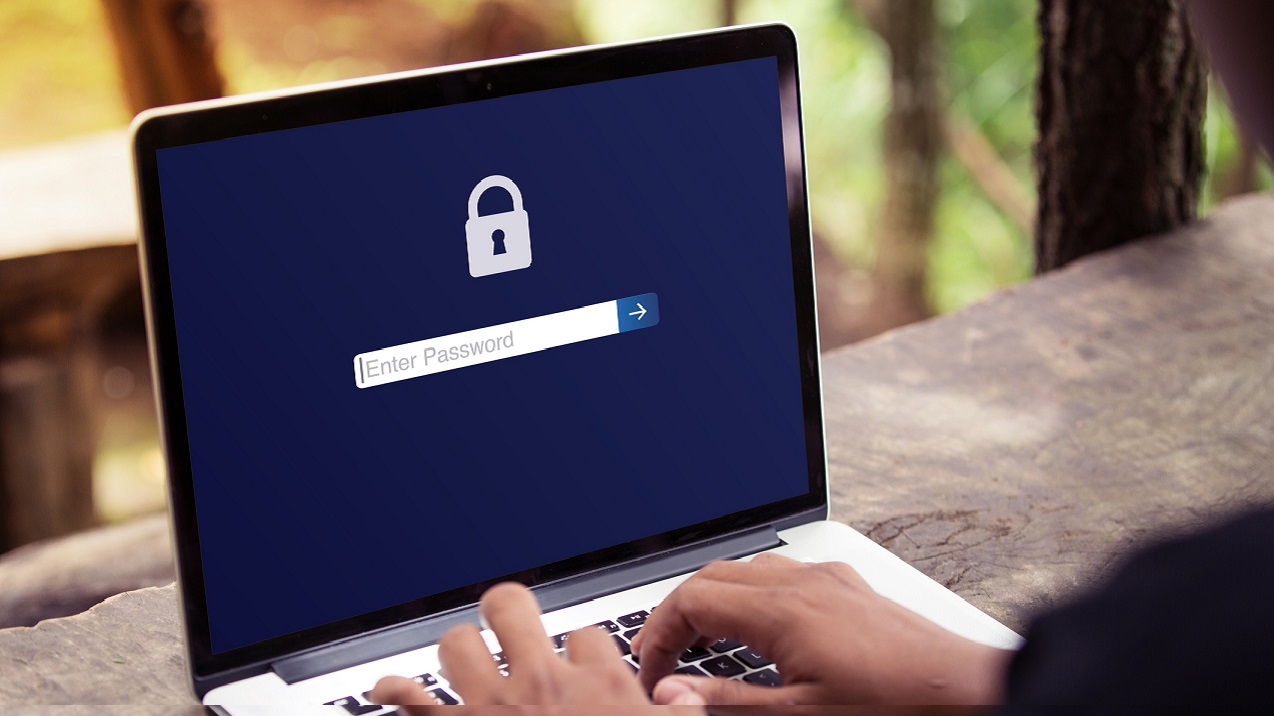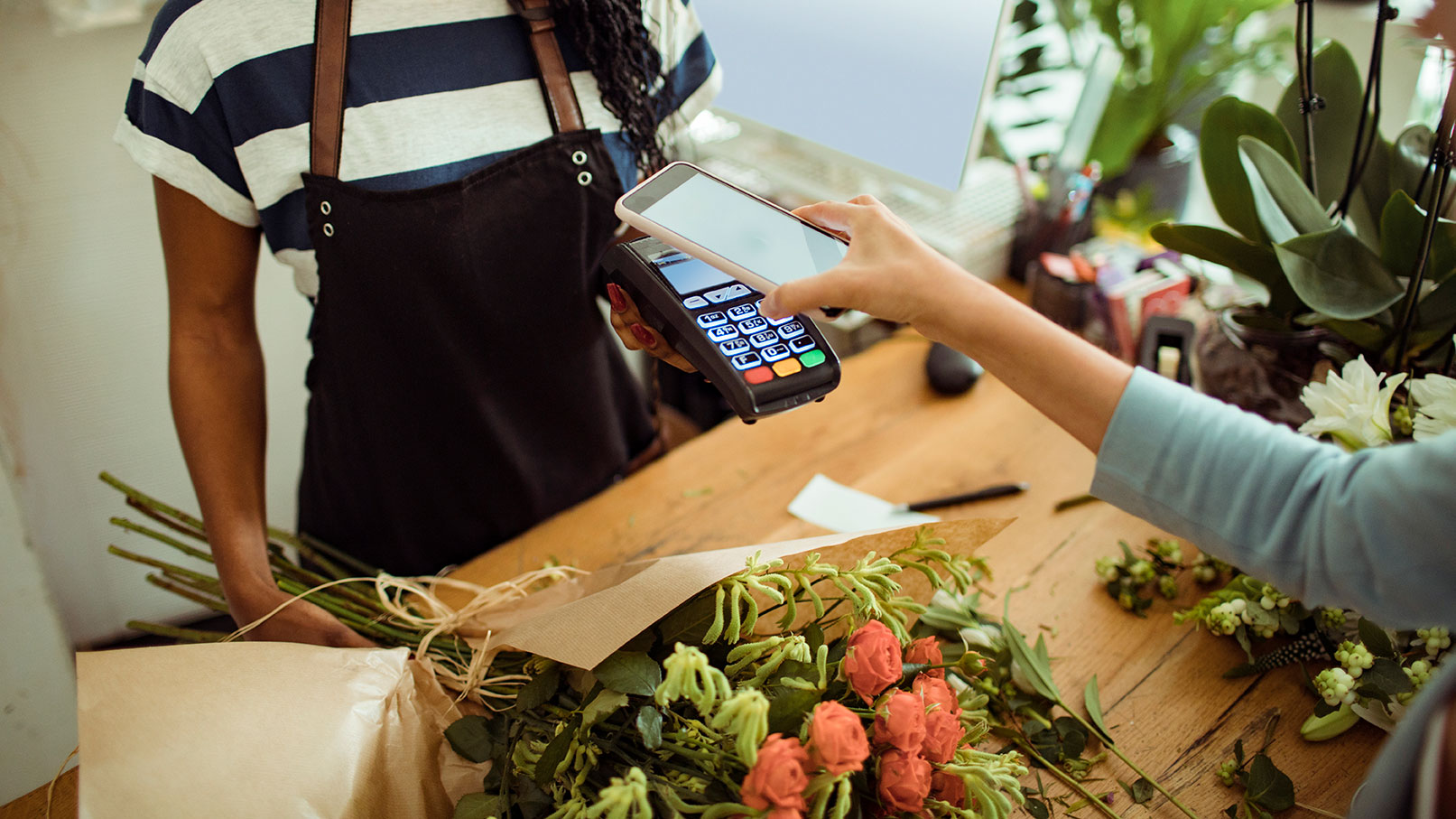
It’s an unfortunate fact that younger members are specifically targeted for scams. While there are security layers in place for account protection, when it comes to protecting ourselves from falling victim to a scam, knowledge is key.
Security experts at Michigan Schools and Government Credit Union have these tips to keep you aware of scams so you can avoid falling victim or even unknowingly participate in an illegal activity. Knowingly participating in a scam is serious business. As in could be jail-time serious.
Even if you don’t voluntarily participate in an illegal activity, giving up your account credentials means all your savings could be stolen. And, unfortunately, if you willingly give them up, there’s not much that can be done.
Bottom line: there are some pretty bad consequences if you participate in a scam or are the victim of one.
Okay. The scary stuff is out of the way. Let’s talk about how not to have your savings stolen or be tossed in the clink. Start by understanding a few common scams that are specifically targeted to teens and those in their early 20s.
Common youth-targeted scams
Check cashing
Check cashing is a scam where someone asks another person to cash a check for them, and for the inconvenience, they’ll give a portion of the check to the casher. In truth, the check is fake or stolen. And while the financial institution may give you the cash right away, it may take weeks, sometimes months, for the bank or credit union to discover the check is fraudulent or stolen. And as the check casher, you’re now out that whole amount.
“A friend or someone you know may say ‘I don’t have an account; will you cash this for me? I’ll give you cash back.’” explains Valentina Bald, Fraud Investigator at MSGCU. “What’s really going on here, is that they are giving you a fraudulent check. And when your bank or credit union finds out that it’s fake, and they will, you’ll be out the whole amount.”
Unfortunately, this is often done by someone the victim has some sort of relationship with, so they feel uncomfortable saying no. Here are a few ways to deflect so you’re not accidentally cashing a fraudulent check: ask why their parents can’t cash it for them, tell your friend to go to a party store, or open an account themselves. If they’re reluctant to do any of those things, there’s a chance your friend was asking you to do something illegal.
Card cracking (also known as cracking or popping cards)
Card cracking is like check cashing, with the addition of ATM cards. Similar to a check cashing scam, some may ask you to deposit a check into the ATM. The ATM will give the cash back immediately, and, you guessed it, when the check is discovered fraudulent, you’re out that money.
Another similar scam involving ATM cards is “friends” asking for your ATM and personal identification number (PIN) to get money out. Then they tell you to dispute the transaction so your bank returns the money. They may even suggest you lie and say you lost the card and don’t remember where or when you lost it. Remember that ‘you can go to jail’ scary stuff at the top of the article? This type of thing qualifies.
Don’t let a bully force you into this situation. It’s your ATM card. And your PIN, which you should never give out - ever - even to friends or family. Tell the bully the wrong PIN if you have to. And if they coerce you to dispute the transaction, tell the bank staff what’s happening instead of disputing the charge(s), and they can shut down your ATM card immediately.
You can also use a confidential reporting system called OK2SAY. OK2SAY is a student safety program which allows you to confidentially report tips on potential harm or criminal activities directed at students, school employees, and schools. Text 652729 (OK2SAY) or find other contact information on their site.
Mobile deposit scams
Wtih a mobile deposit scam, someone may ask you to deposit a check for them using your mobile banking app, and when the check is found to be fraudulent, again you’re out.
Fraudsters also use mobile deposit to scam younger members by claiming they need your online or mobile banking account user and password to make a mobile deposit into your account. It can also be disguised as a ruse around getting a job and the employer needs your online credentials for direct deposit. “No employer needs your username and password to pay you,” states Bald. “There are other ways they can give you money, and getting your username or password is NOT part of the process. No one needs those to deposit money into your account.”
Remember: never, ever, give out your online banking or mobile banking app credentials. Not to strangers. And not to friends. Not to potential or real employers. Once you’ve given your username and password voluntarily, there’s not much any bank can do to help you when you realize you’ve been scammed.
Person-to-person scams
Person-to-person scams usually involve scammers reaching out with some type of offer via social media. Surprise: you won! You just need to claim your prize by inputting your PayPal, Venmo, Zelle, (etc.) information. Or sometimes they even ask for your online or mobile banking credentials. Surprise: you actually lost. Scammers now have your information, or in some cases, access to your account.
Be leery of any type of contact out of the blue, especially on social. “And right now, we’re seeing a lot of this happen on Snapchat” says Bald.
What do to
You’ve now learned about some common scams, including what to look out for and what not to do. Here’s a snapshot of some of the really important points:
- Never give out your username and password. Ever. Not even to close friends.
- Never give out your ATM PIN. Again, ever. And not even to close friends.
- Do not write your ATM PIN on the card. And please don’t pull a Joey from Friends and etch it into your favorite machine either.
- Don’t ever let someone borrow your ATM card.
- Don’t cash a check for anyone or dispute a charge you know is legit.
- Don’t believe “you’ll get a fee for your trouble” is a legitimate proposition.
Stay vigilant always, and especially on social media. People generally don’t contact you out of the blue to give you money. It’s likely a scammer phishing for your information or someone taking advantage of you (not a true friend).
Remember, MSGCU will NEVER ask for your account login password, personal identification number (PIN), or log-in verification code. If you believe you’ve been a victim of fraud or a scam, contact us immediately.
Category: Security
« Return to "Blog"

